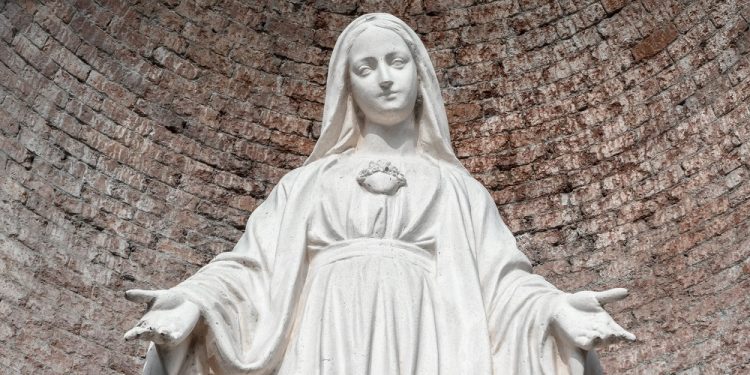
Feast of the Immaculate Conception
The Feast of the Immaculate Conception is a religious holiday celebrated on December 8th. It is a day that celebrates the belief in the conception of the Virgin Mary in the womb of her mother, Saint Anne.
It is a holiday often confused with the Annunciation of the Lord, a day that celebrates the appearance of the angel Gabriel to Mary and her willing acceptance to conceive Jesus Christ in her womb. It is generally considered one of the most important Marian feasts in the Roman Catholic Church’s liturgical year.
History
The Feast of the Immaculate Conception can be traced back to the fifth century when it was first introduced in Syria. By the seventh century, this holiday was already firmly rooted in the tradition of Eastern Christianity.
Although the Immaculate Conception was firmly rooted in Christian tradition, there has been much debate over what the term really meant. When it arrived in the West, around the eleventh century, much controversy brewed around the subject. While both the Eastern and Western traditions maintained that the Blessed Virgin Mary was free of sin throughout her entire life, people disagreed on what this actually meant.
St. Thomas Aquinas argued that the Blessed Virgin could not have been “redeemed from original sin” if she had not been subject to it at her conception. However, other theologians disagreed with this position and believed that it was indeed possible.
The issue was resolved when Duns Scotus defended the Immaculate Conception. After that, the feast spread through the Western church. In 1476, Pope Sixtus IV fully integrated the doctrine into the Western Church and threatened anyone who might oppose it with excommunication. Eventually, the controversy surrounding this feast would die down, and by the mid-seventeenth century, it was accepted as doctrine by just about everyone.
Today, it is a Holy Day of Obligation and is celebrated with a Holy Mass. It is also often celebrated with family events, processions, and parades dedicated to the Virgin Mary’s honor.








